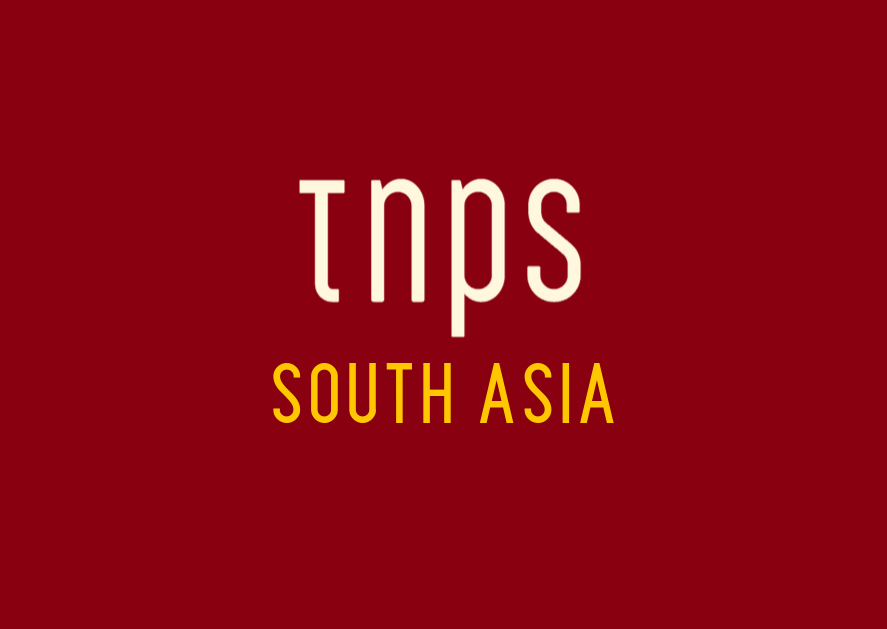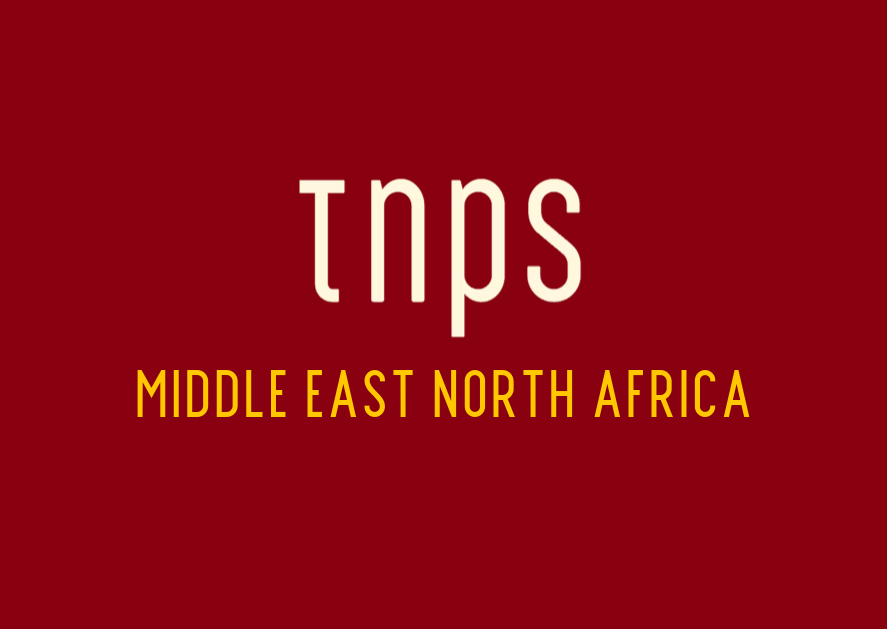Publishers are blaming the weather for poor sales this boi mela. But no one is willing to break ranks and state the obvious – that an online element to the boi mela would have meant 24/7 access to the event regardless of the weather.
Normally running the entire month of February, the Amar Ekushey Boi Mela is the biggest cultural event in Bangladesh, but this year Covid-19 concerns pushed back the launch date to mid-March – with the region’s rainy season underway – and publishers are already paying the price as visitor numbers dwindle, and the likelihood things will get worse.
For the briefest of moments in late 2020 – if you blinked, yomissed it – the idea was entertained that perhaps a hybrid digital event might be considered this year, but the consensus among publishers was that hell would freeze over before they’d open their minds to modern thinking and abandon age-old practices that year after year fail to deliver.
It’s not just being taken in by the low internet penetration figures – Bangladesh is at just 67.3%. One might hope that the people that matter in Bangladeshi publishing would know that equates to 111 million people online, putting Bangladesh in the top ten internet nations.
More it’s a problem of knee-jerk reactions from those who should know better but choose to look the other way, who dismiss online reading as somehow an inferior reading experience. These influencers argue that young people need to put away their smartphones and pick up paper-and-ink books. No matter that the books the people want to read are largely unavailable or unaffordable. No matter that elsewhere in the world digital reading underpins publishing economies, and in some is the dominant mode of consumption.
Per the Dhaka Times, publishers are blaming the weather for poor sales this boi mela. But no one is willing to break ranks and state the obvious – that an online element to the boi mela this year would have meant 24/7 access to the event regardless of the weather.





